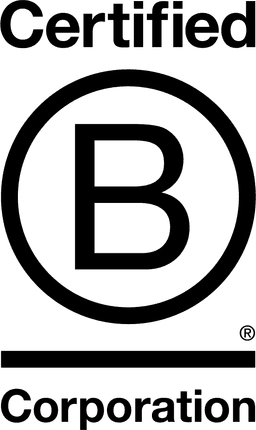

House of Enlightened Needs

1.6
Shanghai, China
April 2025
Education & training services
Service with Minor Environmental Footprint
China
House of Enlightened Needs (H.E.N.) is a mission-driven social enterprise dedicated to advancing human potential through research, practice, and education. We focus on “Enlightened Needs” — uniquely human aspirations that transcend basic survival and reproduction —to foster a more enlightened,inclusive and forward-thinking society. H.E.N. develops transformative programs across education, business, and social innovation. Early initiatives include Dignified Children (2016–2020), advocating for children’s emotional well-being, and Fair Wealth (2016–2020)promoting ethical and socially responsible business practices.H.E.N.'s current flagship, Reaching for the Stars, empowers rural educators in China through free, high-quality training. Since 2020, it has supported 1,804 teachers and reached 160,701 students across 698 counties. The program envisions a future where rural youth pursue ambitions beyond material success persuing STEAM and are empowered to become leading roles. H.E.N. reinvests 100% of its profits into nonprofit work, sustaining long-term impact and expanding access to opportunity.
Overall B Impact Score
Governance 13.4
Governance evaluates a company's overall mission, engagement around its social/environmental impact, ethics, and transparency. This section also evaluates the ability of a company to protect their mission and formally consider stakeholders in decision making through their corporate structure (e.g. benefit corporation) or corporate governing documents.
What is this? A company with an Impact Business Model is intentionally designed to create a specific positive outcome for one of its stakeholders - such as workers, community, environment, or customers.
Workers 29.6
Workers evaluates a company’s contributions to its employees’ financial security, health & safety, wellness, career development, and engagement & satisfaction. In addition, this section recognizes business models designed to benefit workers, such as companies that are at least 40% owned by non-executive employees and those that have workforce development programs to support individuals with barriers to employment.
Community 15.3
Community evaluates a company’s engagement with and impact on the communities in which it operates, hires from, and sources from. Topics include diversity, equity & inclusion, economic impact, civic engagement, charitable giving, and supply chain management. In addition, this section recognizes business models that are designed to address specific community-oriented problems, such as poverty alleviation through fair trade sourcing or distribution via microenterprises, producer cooperative models, locally focused economic development, and formal charitable giving commitments.
Environment 2.0
Environment evaluates a company’s overall environmental management practices as well as its impact on the air, climate, water, land, and biodiversity. This includes the direct impact of a company’s operations and, when applicable its supply chain and distribution channels. This section also recognizes companies with environmentally innovative production processes and those that sell products or services that have a positive environmental impact. Some examples might include products and services that create renewable energy, reduce consumption or waste, conserve land or wildlife, provide less toxic alternatives to the market, or educate people about environmental problems.
Customers 34.1
Customers evaluates a company’s stewardship of its customers through the quality of its products and services, ethical marketing, data privacy and security, and feedback channels. In addition, this section recognizes products or services that are designed to address a particular social problem for or through its customers, such as health or educational products, arts & media products, serving underserved customers/clients, and services that improve the social impact of other businesses or organizations.
What is this? A company with an Impact Business Model is intentionally designed to create a specific positive outcome for one of its stakeholders - such as workers, community, environment, or customers.